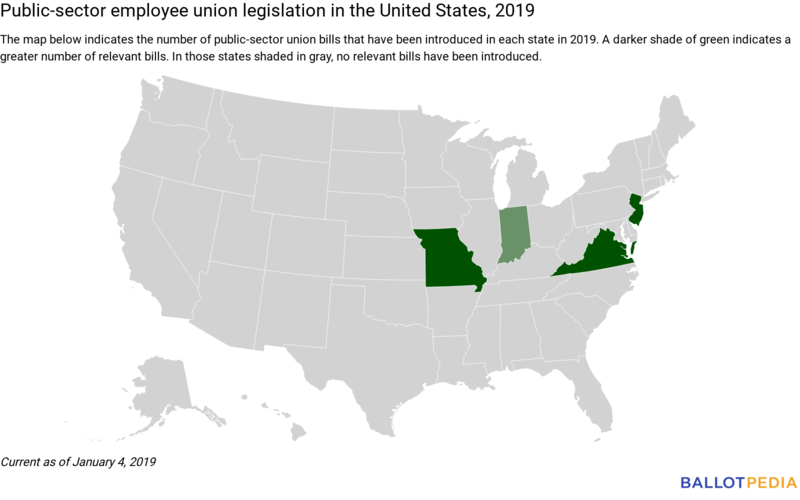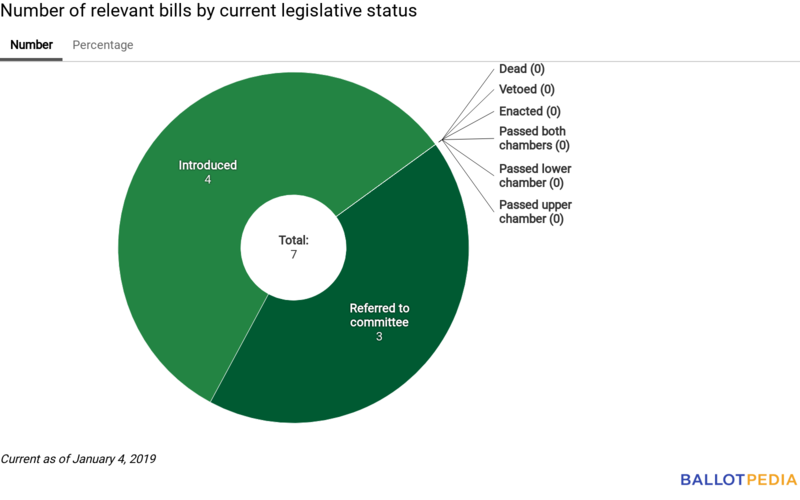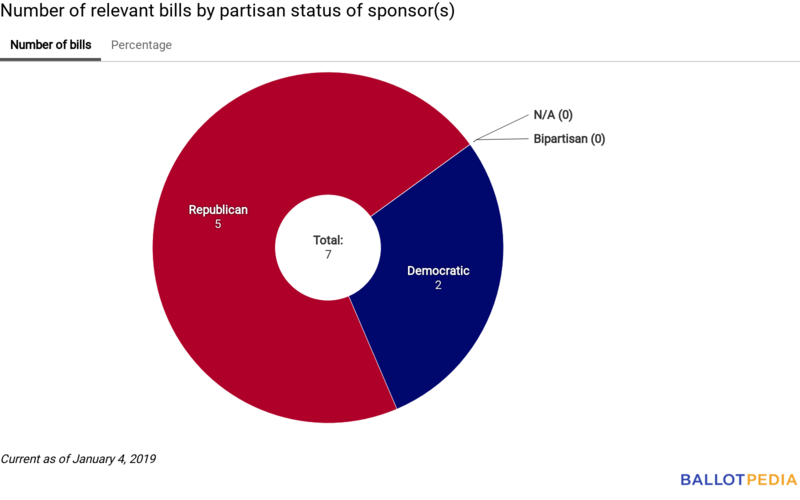Union Station: January 4, 2019
On June 27, the Supreme Court issued its 5-4 ruling in Janus v. American Federation of State, County, and Municipal Employees (Janus). The court ruled that public sector unions cannot require non-member employees to pay agency fees to cover the costs of non-political union activities. This week, we take a closer look at a case in Massachusetts involving unions' exclusive role in collective bargaining.
The Massachusetts Supreme Judicial Court will hear oral arguments Jan. 8 in Branch v. Commonwealth Relations Board, a case involving the rights of non-members to participate in union-led discussions on workplace conditions. (Source: The Boston Globe)
- Who are the parties to the suit? The plaintiffs are three University of Maine faculty members - Ben Branch, Wm. Curtis Conner, and Andre Melcu -- and middle school teacher Deborah Curran. They are represented by the National Right to Work Legal Defense Foundation, which last year represented the plaintiff in Janus. The defendants are the Massachusetts Department of Labor Relations and the Commonwealth Employment Relations Board.
- What is at issue? Many of the case’s original complaints were resolved by the Janus ruling. The current focus of the case has shifted to whether it is a violation of the First and Fourteenth Amendments for unions to prohibit non-members from participating in union-led deliberations involving workplace conditions.
- What are the parties to the suit saying?
- In a brief filed with the state court, plaintiffs’ attorney Bruce Cameron wrote: "Barring the Educators from a voice and a vote in their working conditions is an extreme form of discrimination, and it arises from one thing only, the Educators' refusal to join the Union and thus be saddled with supporting its controversial views. The Educators experience punishing discrimination for exercising their fundamental right to freedom of political speech and association."
- In their brief for the defendants, attorneys Timothy Case and T. Jane Gabriel wrote: "If no union represented the Employees, their employers could simply set the terms and conditions of their employment unilaterally, without any input from the Employees or their co-workers. Though the Employees would remain free to speak, association, assemble and petition over the terms and conditions of their employment, the government would, as before, be under no constitutional obligation to listen [sic] to them. This demonstrates that the Employees would have no greater rights to speak and association in the absence of exclusive representation than they have under the current arrangement, and thus their rights are not being diminished (much less violated) under that arrangement."
The big picture
2019 session preview: Legislatures in 47 states will convene this month. For a complete list session start and end dates, please click here. The map below identifies each state according to its trifecta status as the new year gets underway: Republican trifectas are shaded in red and Democratic trifectas in blue (states shaded in gray operate under divided government).
Number of relevant bills by state
So far this year, we have tracked seven pieces of legislation dealing with public-sector employee union policy. On the map below, a darker shade of green indicates a greater number of relevant bills. Click here for a complete list of all the bills we're tracking.
Number of relevant bills by current legislative status
Number of relevant bills by partisan status of sponsor(s)
Recent legislative actions
Below is a complete list of legislative actions on relevant bills since the beginning of the year. Bills are listed in alphabetical order, first by state and then by bill number.
- Indiana SB0079: This bill would establish and/or expand representation provisions to include police officers and firefighters.
- This bill was introduced January 3, 2019, and referred to the Local Government Committee.
- Virginia HB1764: This bill would repeal a state law establishing that any government employee who engages in a strike has terminated his or her employment and rendered himself or herself ineligible for public-sector employment thereafter.
- This bill was pre-filed December 22, 2018.
- Virginia HB1806: This bill would repeal the state's right-to-work provisions.
- This bill was pre-filed December 28, 2018.
See also
| |||||||||||||||||||||||





